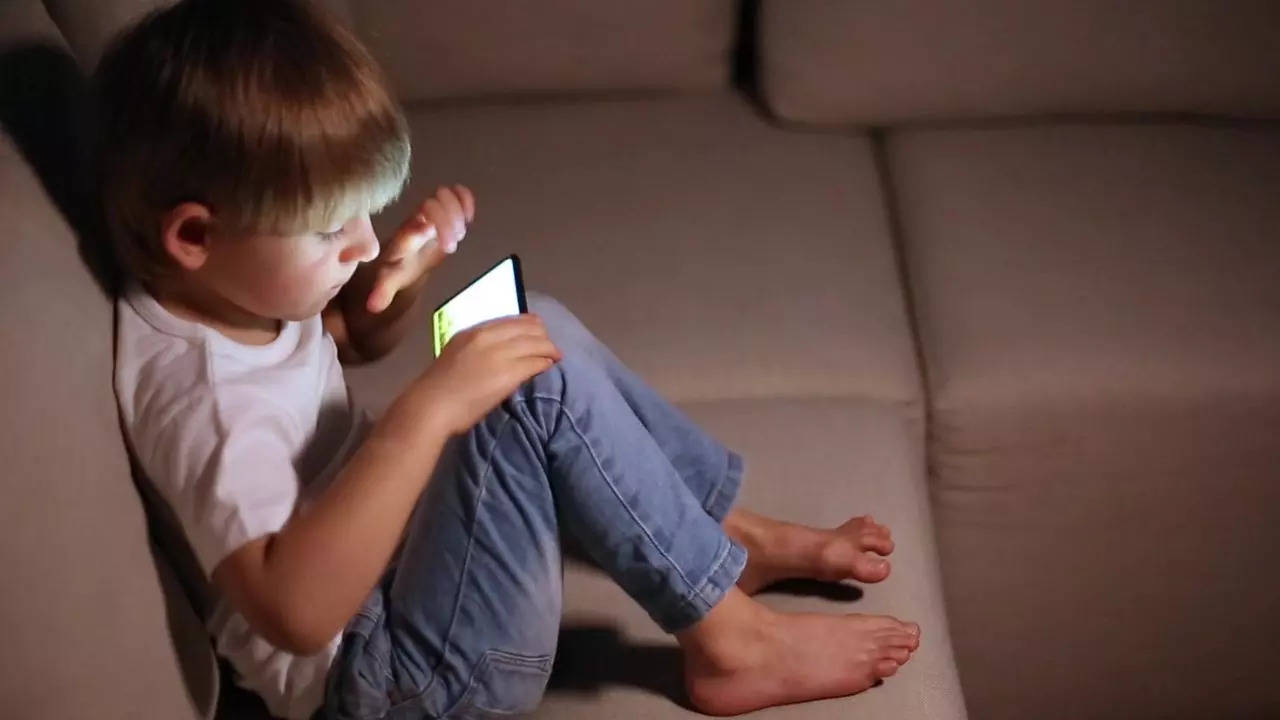-
news
-
Health
TikTok will soon ban teens from using beauty filters due to mental health concerns
Restrictions will apply to filters such as “Bold Glamour”, which substantially alter children’s features.

TikTok will soon ban teens from using beauty filters due to mental health concerns. (Image: Canva)
Amid concerns of anxiety and falling self-esteem in children, tiktok Is imposing age restrictions on some of its beauty filters. Some of the changes being made include preventing people under 18 from using certain appearance-altering effects, and expanding filter descriptions to specify what filters adjust when applied.
The press release states, “The report also identified new insights into the use of effects by teens and the impact it has on their sense of self. The effects, designed to be obvious and funny and to enhance your appearance A clear distinction was drawn between effects designed to change. In particular, teenagers and parents raised concerns about ‘presence’ effects, including that those watching the content would not realize it. that it was changed Is.”
Restrictions will apply to filters such as “Bold Glamour”, which substantially alter children’s features. Comic filters that add rabbit ears or a dog nose will not be removed. The effectiveness of the restrictions will depend on whether people are using the platform younger than their actual age.
Meanwhile, the Australian government has passed a new law that bans children under 16 from using social media apps like Facebook, Instagram and TikTok. According to the new law of the Australian government, tech companies like Meta and TikTok will have to prevent minors from logging in, otherwise they may have to pay a fine of up to $49.5 million.
In today’s digital age, children’s exposure to screens remains inevitable. Be it education or entertainment, digital media has become an important part of their daily life. A recent study offers a refreshing perspective: Instead of limiting screen time, parents should consider involving their children in consuming digital content.
The study, led by Jamie Lingwood of Liverpool Hope University and Gemma Taylor of the University of Salford, highlights the benefits of shared screen time. By engaging with their children through digital media, parents can foster a more enriching and positive experience.
Get the latest news live on Times Now with breaking news and top headlines from health and around the world.


